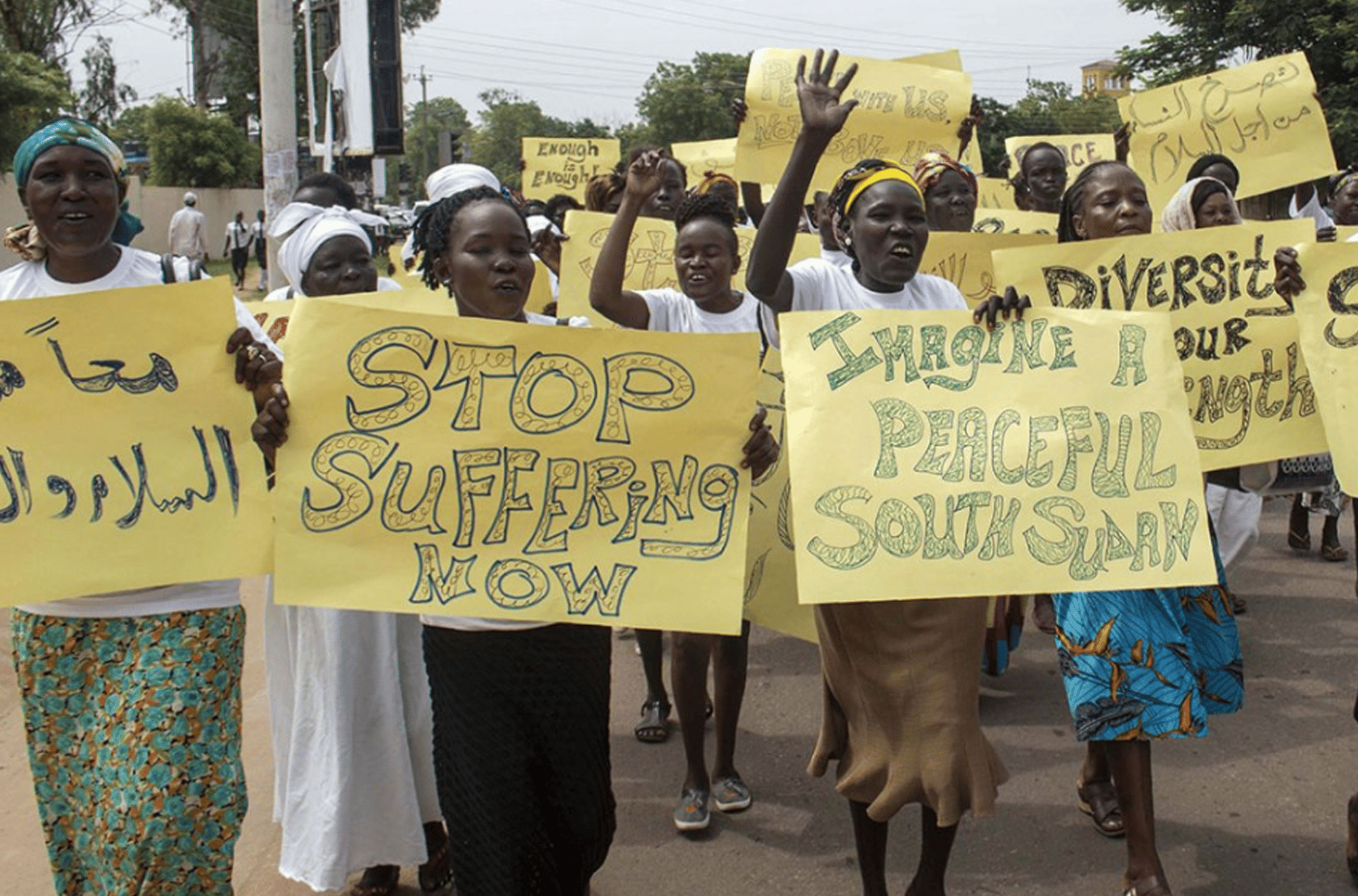
Advice and warnings did not stop us from going ahead with our protest because rape is war on a girl’s or woman’s body and that is political too!
@theonlyriya1
A two-day workshop − Legal Abortion Workshop, Reality, Challenges and Prospects − was organised in Khartoum in early December by the Sima Centre for Training and Protection of Women and Children’s Rights, within the framework of the international 16-day campaign to combat gender-based violence. Participants from the Ministries of Health and Justice, as well as senior obstetricians and gynaecologists, attended.
The workshop focused on legal abortion in Sudan and called for amendments to procedures and laws regarding rape victims’ rights to legal abortion, including the Sudanese Procedures Code and the Public Health Law. They denounced the delays in legal procedures, including the issuance of Form 8, which guarantees a victim of violence and rape her legal and psychological rights. They recommended conducting a package of training for police, medics, and media professionals, and providing psychological and legal support to victims of sexual violence. The workshop further announced the launch of a media campaign to advocate and address these challenges.
Nahid Jabrallah, lawyer and director of the Sima Centre, said in a press statement following the workshop that in particular Article 135 of the Sudanese Criminal Code, which gives women the right to abortion in case of fear for her health or the death of the fetus, was discussed. There are practical difficulties, however, in applying this article which are a result of slow procedures (i.e. deliberate delays) in the implementation of the right protecting rape victims to abortion. Jabrallah attributed this to “certain religious views” and “police staff and medical cadres evading responsibility for their tasks related to victims of rape”.
Gynaecologist Mina Nabil strongly advised a review of curricula on sexual violence in medical studies. “Every qualified doctor should how to deal with victims of rape.” He said that the hospital in Khartoum where he works receives rape victims every week, yet “doctors do not even know how to prevent pregnancy for a rape victim”. He also pointed to the failure to train doctors on how to deal with evidence and take samples, check the possibility of pregnancy, and protect the victim from HIV and other sexually transmitted diseases.
SOURCE: Dabanga Sudan, by Riya William Yuyada, 11 December 2022



